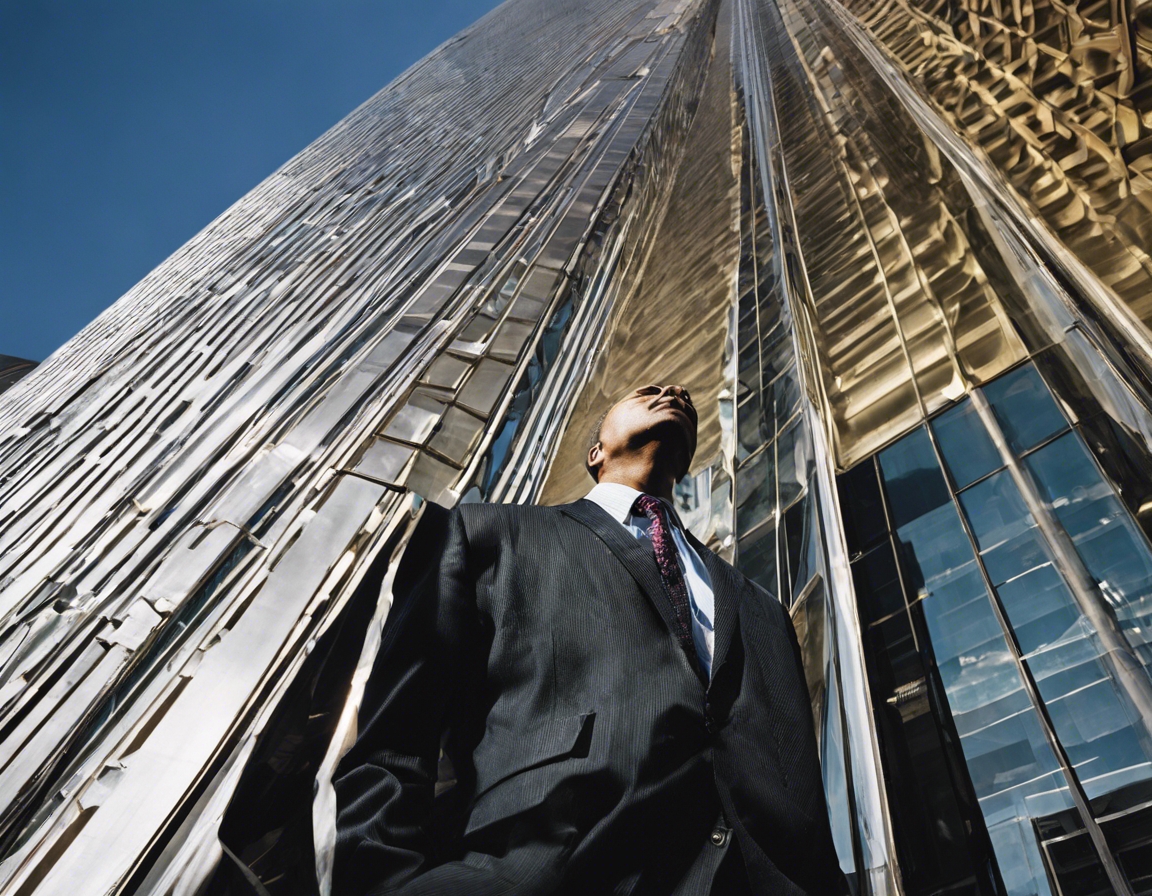The future of real estate: sustainable business developments
Sustainable real estate refers to building practices and property management that prioritize environmental responsibility, resource efficiency, and social value. It encompasses the entire lifecycle of a property, from design and construction to operation and maintenance, with the goal of minimizing the ecological footprint while enhancing the quality of life for its occupants.
As the world grapples with climate change and resource depletion, businesses are increasingly recognizing the importance of sustainability. Not only does it reduce environmental impact, but it also leads to cost savings, innovation, and a stronger brand image that resonates with today's conscious consumers and employees.
Emerging Trends in Sustainable Real Estate
Advancements in green building materials and technologies are revolutionizing the construction industry. From recycled materials to advanced insulation techniques, these innovations are making buildings more energy-efficient and sustainable.
The integration of smart buildings and the Internet of Things (IoT) is enabling real-time monitoring and management of energy usage, leading to significant reductions in carbon emissions and operational costs.
The adoption of renewable energy sources, such as solar and wind power, is becoming more prevalent in real estate developments, providing clean, cost-effective power solutions.
There is a growing trend towards community-centric developments that promote social interaction, shared resources, and a sense of belonging, all while adhering to sustainable principles.
Sustainable Business Models for Real Estate
Co-working and co-living spaces are emerging as sustainable business models that cater to the needs of modern entrepreneurs and professionals, offering flexibility and community engagement without the environmental toll of traditional office and residential buildings.
Flexible office solutions, such as HARJU KEK AS's offerings, provide businesses with the adaptability they need to grow while maintaining a commitment to sustainability.
Real estate developments are increasingly incorporating health and wellness amenities, recognizing that a healthy environment contributes to the well-being and productivity of its occupants.
Challenges and Opportunities
While there are regulatory hurdles to overcome, governments around the world are also providing incentives for sustainable real estate developments, creating opportunities for forward-thinking companies.
Investment and financing models are evolving to support sustainable real estate projects, with an increasing number of investors seeking out green and socially responsible opportunities.
The real estate sector is poised to benefit from technological advancements that facilitate sustainable development, from energy-efficient appliances to AI-driven building management systems.
Impact on Small to Medium-Sized Enterprises and Startups
For small to medium-sized enterprises and startups, sustainable real estate can lead to significant cost savings and operational efficiencies, making it an attractive option for businesses looking to optimize their resources.
Companies that invest in sustainable real estate are more likely to attract top talent and environmentally conscious customers, who are drawn to businesses that share their values.
By embracing sustainable practices, businesses can build a strong brand reputation that sets them apart in a competitive market and demonstrates their commitment to a better future.





Comments (0)